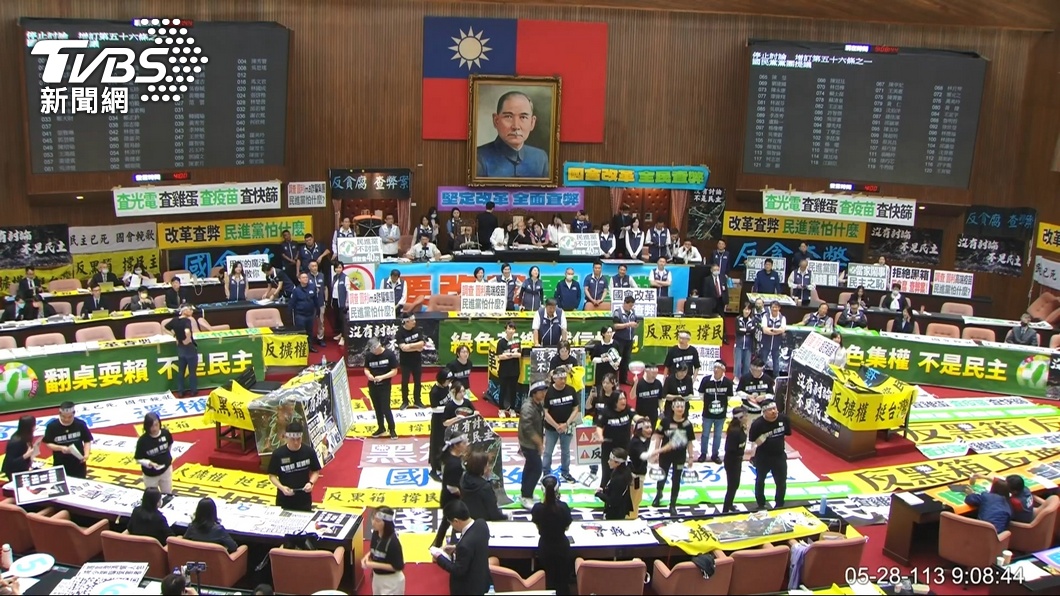TAIPEI (TVBS News) — National Security Bureau (NSB) Director Tsai Ming-yen (蔡明彥) announced on Wednesday (May 29) that the Chinese Communist Party (中國共產黨) could be planning to intensify exchanges with Taiwan's opposition party members in the Legislative Yuan, marking a strategic shift in its policy toward Taiwan.
This move comes amid revelations by Chinese dissident writer Yuan Hongbing (袁紅冰), who disclosed that Xi Jinping (習近平) had instructed a comprehensive strategy to infiltrate and disrupt Taiwan, targeting the Legislative Yuan as the main battlefield.
Yuan revealed on Feb. 6 that following Taiwan's presidential election, Xi demanded the introduction of bills related to the Legislative Yuan's investigative powers, aiming to sow discord within Taiwanese society.
In response, Tsai Ming-yen emphasized the NSB's vigilance in monitoring the CCP's policy discussions and the post-election political landscape in Taiwan. He noted the CCP's strategy of "differentiated treatment" and "uniting allies while isolating enemies" to bolster exchanges and support for its policies in Taiwan.
Legislator Lo Mei-ling (羅美玲) inquired about the bureau's knowledge of Yuan's claims, including Xi's instructions to gather intelligence on Taiwan's indigenous submarine construction, potentially undermining the island's defense autonomy.
Tsai assured that the bureau is attentive to observations made by dissident writers like Yuan and employs intelligence cross-referencing to fully grasp the dynamics of the CCP's policies towards Taiwan.
The NSB's commitment to closely monitoring these developments underscores the complexity of cross-strait relations and the importance of safeguarding Taiwan's political and defense autonomy against external interference.



